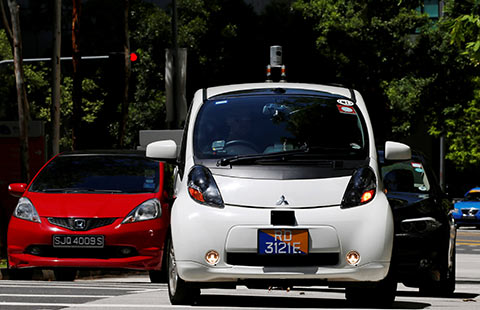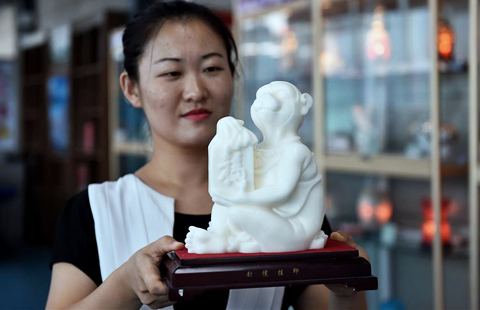China to release new plan for consumer goods standards
(Xinhua) Updated: 2016-08-27 13:30BEIJING - A new plan to promote standards and quality in consumer goods, initiated by China's quality watchdog and other departments, will be made public soon, an official said Friday.
The guideline was approved during the State Council's executive meeting chaired by Premier Li Keqiang Wednesday, said Tian Shihong, head of the Standardization Administration of China, at a press conference.
The new guideline is in line with the country's ongoing economic transition from an investment-driven economy to a more consumption-driven one.
According to the new guideline, by 2020, more than 95 percent of consumer goods in major sectors should meet international standards, up from the current level of 80 percent, Tian said.
The country will also make sure more than 90 percent of its consumer goods on the market meet domestic standards by 2020.
The overall quality level for consumer goods should grow steadily, with the national quality competitiveness index (QCI) reaching 84 points by 2020, according to the plan.
China's manufacturing industry QCI hit 81.18 in 2008, according to an earlier report made by the General Administration of Quality Supervision, Inspection and Quarantine, according to the quality watchdog.
Consumption contributed 73.4 percent to China's gross domestic product (GDP) growth in the first half of 2016, up 13.2 percentage points from the same period last year.
China will make more efforts to raise the quality of consumer goods and promote "made in China" goods to meet growing demand, Premier Li said.
The government will introduce compulsory standards for quality, intensify supervision and encourage businesses to improve products. Li highlighted the food, home appliance, electronics, clothing, cosmetics, daily chemical products and sporting goods sectors at the meeting.
China is seeking an upgrade of its manufacturing sector to meet increasing demand from domestic consumers. A number of measures, such as supply-side structural reform, have been carried out.
The country shall transform its growth focus from "made in China" to "innovated in China," as well as shift from speed to quality and from products to brands, according to the leadership.
- African issues expected to be high on G20 summit agenda
- G20 Hangzhou summit to discuss documents on inclusive finance: official
- G20 summit offers translation service in 14 languages
- Development issue to take prominent position in G20 Hangzhou summit
- Egypt eyes bigger role in Belt and Road initiative at G20 summit: MENA chief
- Australian expert says China expected to play leading role
- G20 should champion innovation, greater integration, says Argentine president
- Good luck for the G20 forum, good luck to Hangzhou


















